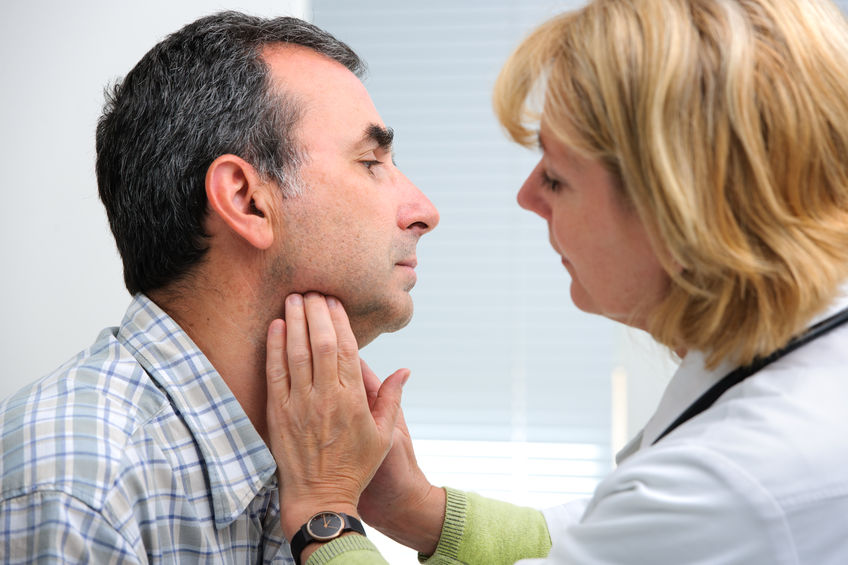Hearing is a fundamental sense, enabling people to communicate with one another and respond to their world. However, hearing loss is surprisingly common and can happen to any person at any age. Knowing what causes such changes in hearing is the first step towards prevention and proper action. Although some of these causes are relatively straightforward and well known, others may be less obvious.
Understanding Hearing Loss
Hearing loss is a reduced ability to detect sounds, whether temporarily or permanently. It may range from mild to moderate, severe, or profound, and be either unilateral or bilateral (in just one or both ears). Hearing loss can disrupt communication, relationships, and lifestyle if left untreated. The good news is that there are treatments and technologies available to compensate for its effects.
Age-Related Hearing Loss
One of the most common causes of hearing loss is aging. The medical term for this type of hearing loss is presbycusis. As one gets older, the delicate mechanisms of the inner ear are less effective, so that higher frequencies are harder to hear. High pitches, like a person’s voice in a noisy environment, are likely to be affected first.
Exposure to sound is the leading cause of hearing loss. Whether on the job or enjoying recreational high-intensity sound can damage cochlear hair cells. Once damaged, these tiny sensory hair cells can never be repaired, resulting in enduring difficulty hearing.
This type of loss can occur gradually from prolonged exposure to consistently loud noises. It can also happen suddenly from exposure to a particularly loud sound. Employees in construction, musicians, and other individuals working under noisy circumstances are at maximum risk.
Medical Conditions and Infections
Some diseases and infections also interfere with hearing. These range from mild infections of the ear to more complicated diseases involving the auditory system. Otitis media, for example, is a middle ear infection or inflammation that has a tendency to happen in children but can also affect adults. While reversible in most cases, repeated attacks or long-standing infection can lead to permanent disease.
Additionally, some diseases, such as Meniere’s disease and diabetes are often linked with hearing loss. These diseases may create a break-down in the inner ear which can lead to permanent nerve destruction. Some medications taken to treat certain medical illnesses have ear-damaging effects. Certain antibiotics and chemotherapy drugs are “ototoxic” or harmful to the inner ear.
Genetics and Congenital Hearing Loss
Genetic or birth factors can, in some instances, cause deafness. Some individuals are susceptible to hearing defects at certain stages in life because of genetic characteristics that they have inherited. Alternatively, congenital hearing impairment, a birth hearing defect, may be caused by genetic mutation, intrauterine infection, or intrapartum complications.
Sudden Hearing Loss
Sudden sensorineural hearing loss (SSHL) is an acute hearing loss medical emergency in one ear. The causes of SSHL can be multifactorial and may involve viral infections, trauma, or vascular or autoimmune etiologies.
Early treatment, for example, via corticosteroids, can in a few rare cases reverse or mitigate the extent of SSHL. Awareness of symptoms, e.g., sudden muffled hearing, is essential to be able to treat the issue in time.
Lifestyle Factors
Certain habits and lifestyle choices are also responsible for creating hearing issues. Heavy alcohol consumption, smoking, and eating habits have long-term impacts on an individual’s hearing system. These activities affect the ear’s blood supply and amplify noise-induced hearing loss or aging hazards.
Also, ear cleaning using cotton buds can push wax further into the ear canal and cause blockage or infection. Fortunately, some simple changes, such as eating healthy and managing stress can provide support for hearing health.
Steps Toward Healthy Hearing
When loss of hearing does occur, specialists are vital for addressing and treating it. Regular check-ups are recommended for people over 50, especially if you notice any changes. Experts can provide options ranging from medicine to hearing aids to surgery. Many factors can cause a loss of hearing. Ultimately, healthy lifestyle choices and early intervention can preserve and protect your hearing.






